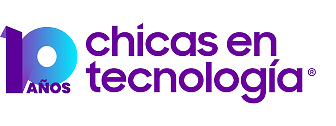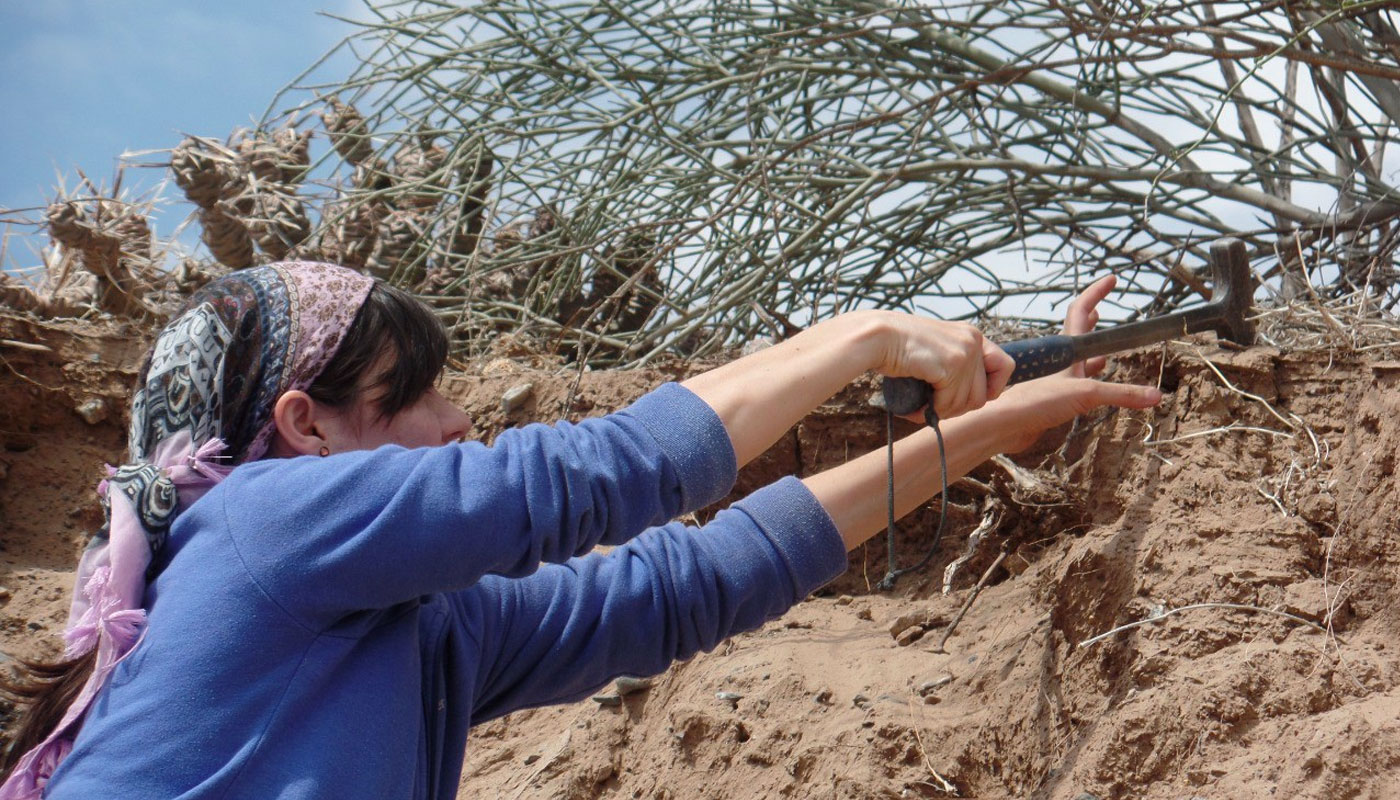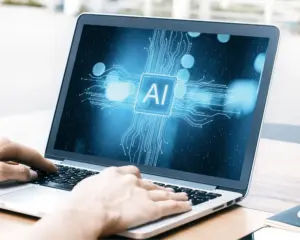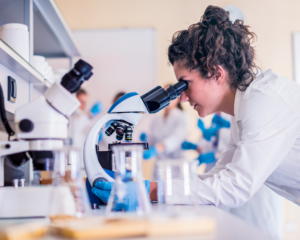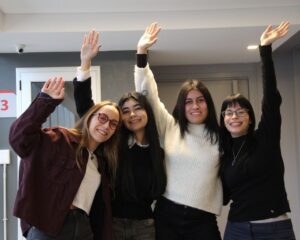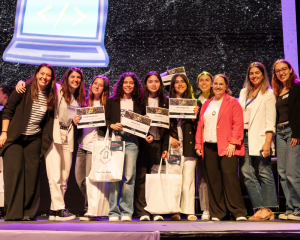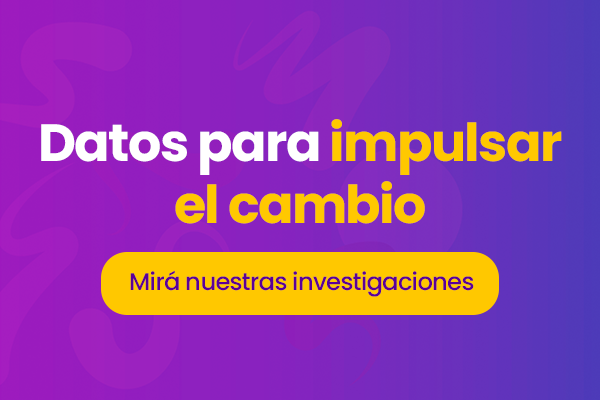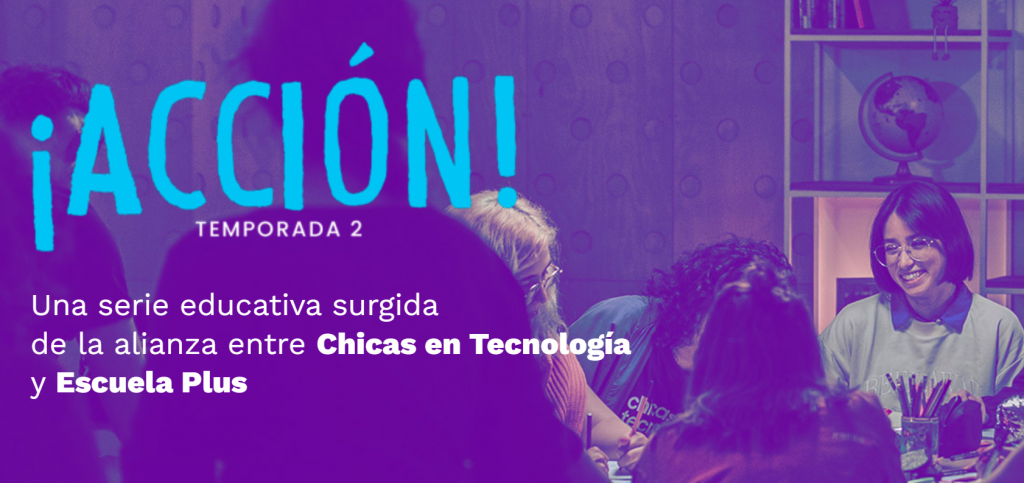Science can prevent populations from being exposed to natural impacts such as floods, landslides and volcanic eruptions. Aixa Rodríguez, with her hands in the soil of San Juan, explains how they work to achieve this.
Argentine science has as its main protagonists great women working on projects with social impact. From all over the country they lead and are part of interdisciplinary work teams. The research they carry out allows the scientific and technological advancement of the country, improves the quality of life of the population and contributes to the development of the national economy. To the east of the Andes Mountains, the valleys that interrupt the mountainous relief of San Juan are the headquarters of this scientific activity and the workplace of geologist Aixa Rodríguez, who through her testimony reveals what the life of a researcher dedicated to the study of the Earth is like.
Aixa Rodriguez
PhD in Geological Sciences. Postgraduate degree in Geostatistical Evaluation of Reservoirs. Geologist.
What do you do professionally?
I have a PhD in Geological Sciences. I am dedicated to environmental geology, which is the most superficial part, the one that observes the landscape. I work at the Volponi Seismological Geophysical Institute and also at the Environmental Geology Cabinet at the National University of San Juan. I am mainly dedicated to applied geology, I try to study what happens with these surfaces of the Earth, what were the geological processes that acted in the not too distant past to see how this influences the land use planning. For example, some natural disasters related to floods, floods on the slopes of mountains, which may not be taken into account when reviewing a territory. I work to see what geological processes are involved with the environment and that applied to society, because the human being is an individual that occupies part of this territory that the Earth Sciences study from the surface to the deepest.
What is the daily work of a geologist like?
At the Volponi Geophysical Seismological Institute I do cabinet and field work, which consists of traveling around the area. I work in the Tulum Valley, an inhabited valley in San Juan, and I schedule field campaigns during certain weeks. In my case, since it is very close to me, on the weekends I can find out what is happening in the field, what erosion processes there are, what the soil is like. The campaign requires a little more time because you have to be equipped with certain clothes, some supplies such as water, and I also carry measuring equipment. The area of San Juan where I am has many faults, so I go with some colleagues who help me to make geophysical measurements of the terrain. During the week it is a job that has a lot of nature in it. I also like to interview the people who live near the places where I do the geological survey to see how it influences or what notions they have about the natural impacts. Then, with this information, I go to the Institute, process my data and prepare reports together with my colleagues who accompanied me to the field.
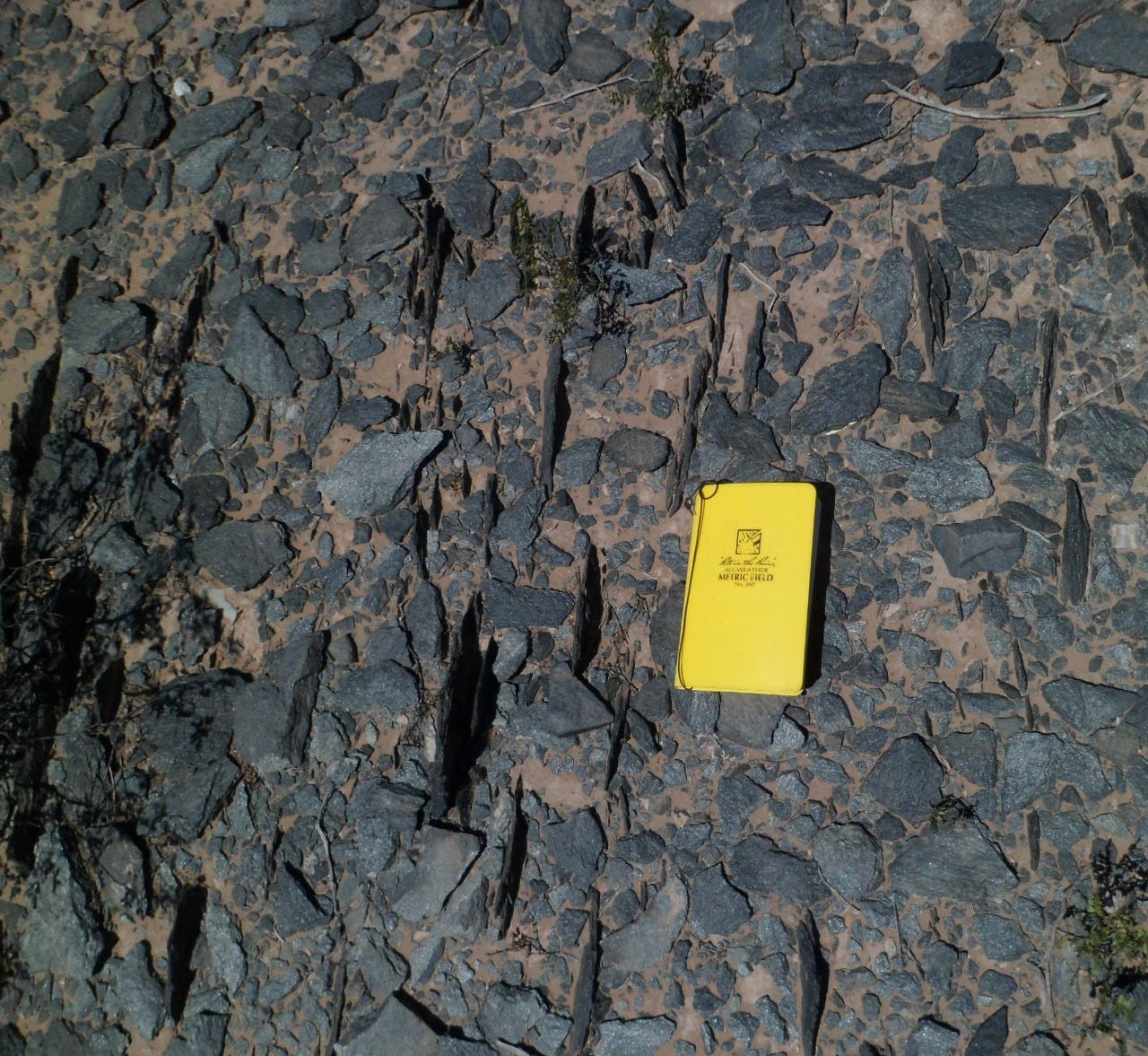
What do you think are the main skills needed to work in science?
I think that one of the skills is to always be alert and curious, aware of what is new in science, not only in the discipline one works in, but in everything. And to pay close attention to what needs society demands, I think that is key for any scientific area, to think about what people need at that moment and try to find out, investigate and commit to that. In the past there was an idea of a scientist enclosed within four walls doing laboratory tests and today it is about the scientist observing what is happening outside. This also makes one feel useful in what she likes. Any girl who wants to study a science, I think that at the beginning she is a bit trapped by the curiosity to know a little more, which is what makes her try to investigate every day. But in addition to individual curiosity, you have to interact with what is happening in our society.
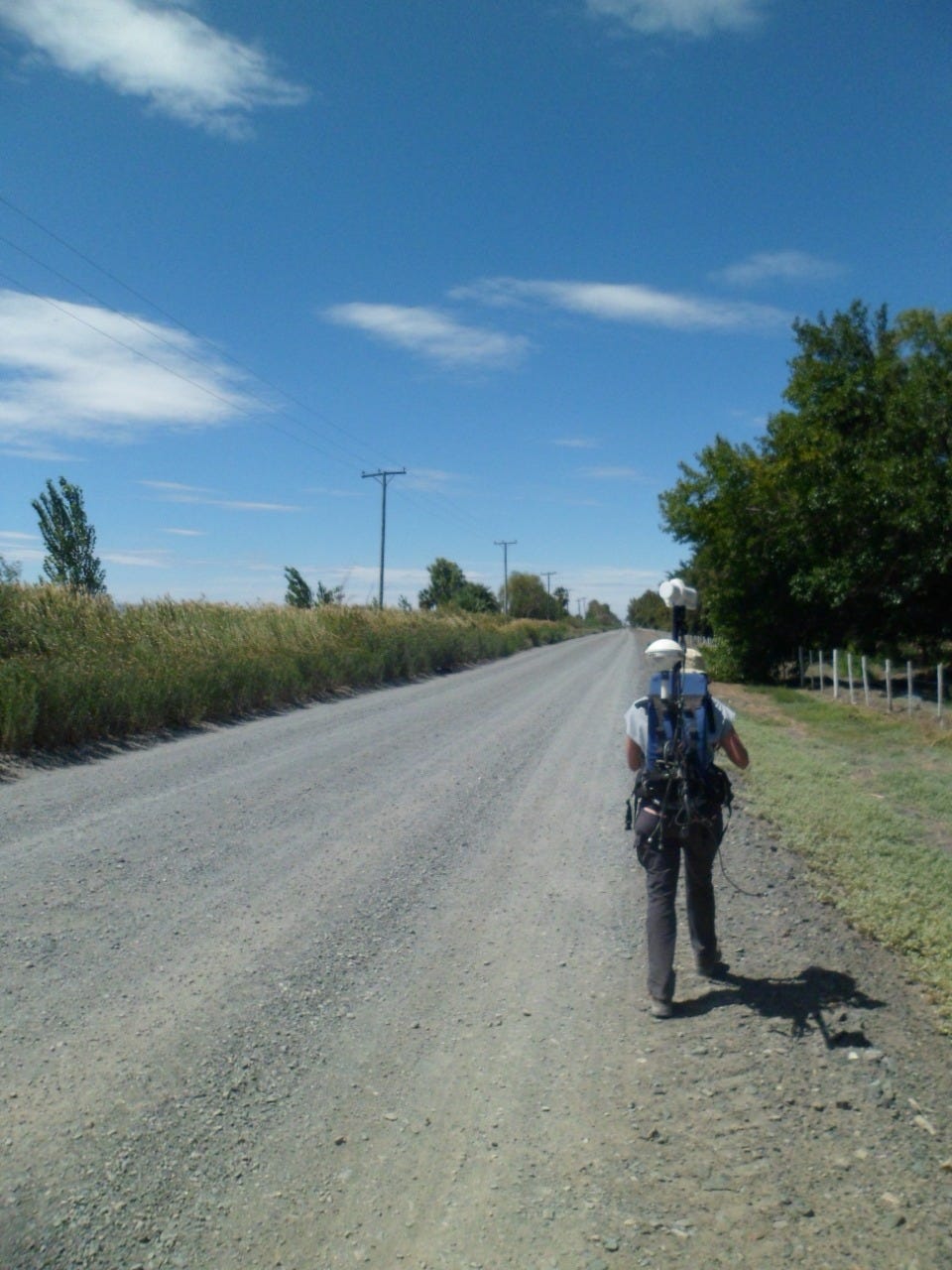
From your beginnings as a professional to the present, has the way of working evolved? Do you think that girls who study now will find a different future?
I think so. From my beginnings I found some barriers of machismo for women scientists. I think that the new generations entering Geology, and also the change of professors with a different way of thinking, created new spaces. Now women are seen in a different way in science. For example, when I had my daughter, some comments were “no one else should have children”, as if it were an interruption, and I became a doctor at the same time as my male colleagues and women who did not have children. So we women are trying to make our way in science, we are generating this change. Today, girls entering Geology have more open doors, they even have female professors who can accompany them.
What were your main goals as a student and as a woman scientist?
I come from a lower class family so, for me, the opportunity to study was incredible. I always had the desire to study, thanks to the public university I was able to achieve it, and my challenge was always to try to give back to the community what I had studied. I found that geology was something that I was passionate about and that I could do it through that science. And somehow it was also a dream to break that social aspect of where my family came from, of people who had not been able to enter higher education. Receiving my degree was a way to break that social issue that poor people will not be able to go to university. So one of the most important goals was my professional growth and having achieved my degree. And I did not stop there and I graduated as a doctor, and also with a family, which meant studying with a little girl, added to the challenge of being a woman in science.

What challenges does a woman scientist face?
Many times men were chosen instead of women to go to the field, it was not explained, it was something rather traditional. At the beginning of my doctorate a professor said: “In geology women are for the laboratories and men are for the field”. But after meeting many people who work at the Institute, I saw that these things are changing and that there are many women. We ourselves are beginning to bring about this change without having to say so. It is already known, it is lived.
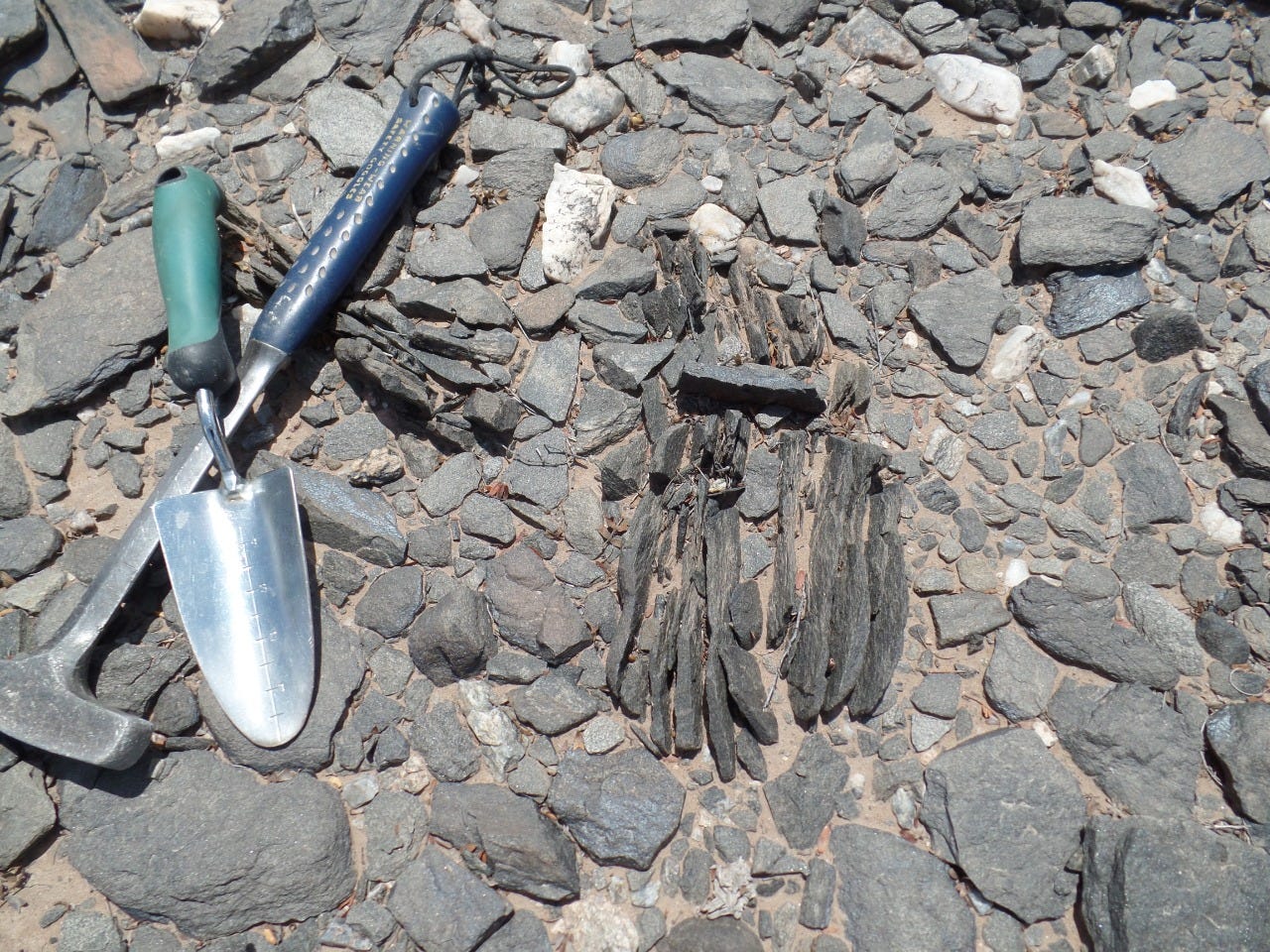
What other aspects do you think should be improved so that more women can develop in science and technology?
Another challenge for women that is now changing is, for example, to travel abroad and have some support for the family she is traveling with. Before, it was believed that women had to dedicate themselves to their children and it was frowned upon for them to travel to take a course, but the system has to help them so that they can make those instances that a researcher requires. We also need to have maternity spaces in the sciences or leave for fathers and mothers. Another challenge is for women to reach the highest standards in science, to be researchers and hold positions in Directorates, where almost all of them are men.
What do you think should be the characteristics of a scientific leader?
A woman leader in science must be open to listen to the needs of others. I believe that she should encourage the participation of women in different aspects and fields, try to generate spaces where there is diversity of people, where a certain gender does not have the last word, but where it is possible to work in an interdisciplinary and collaborative way.
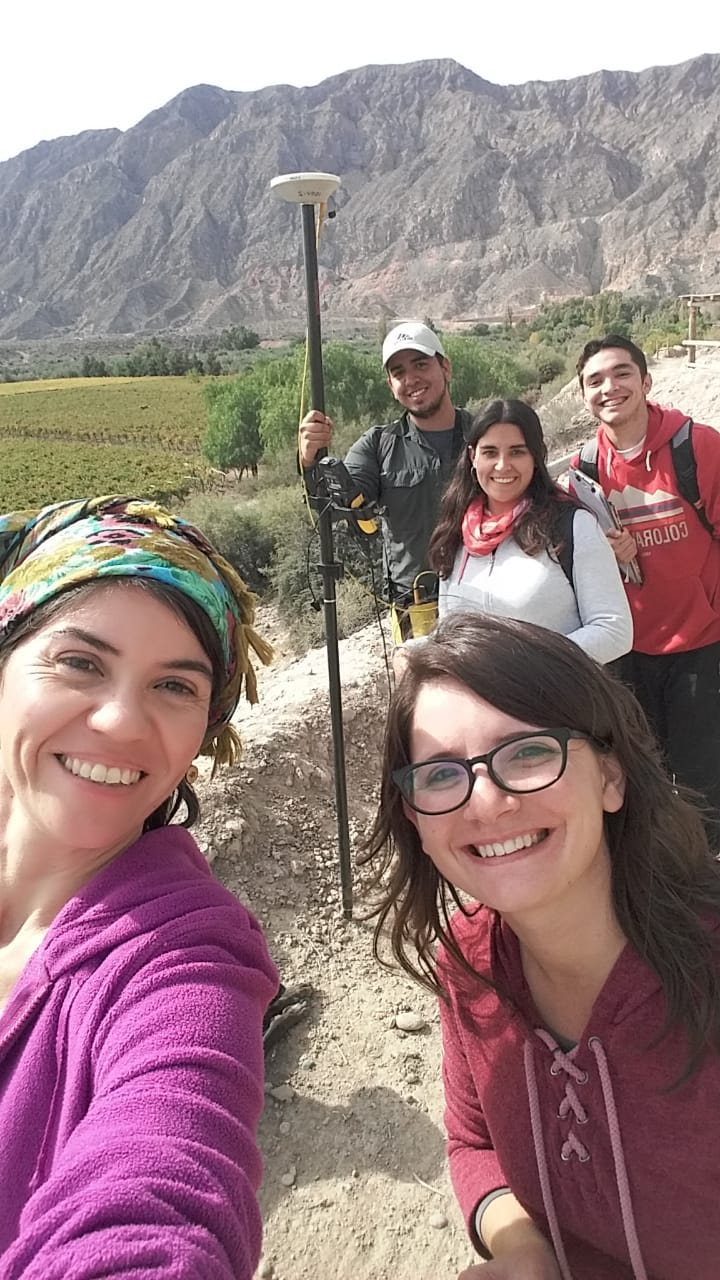
What advice would you give to the new generation of women scientists? How can they contribute to this transformation?
I believe that one should value oneself and not back down, that women have a capacity for empathy that allows them to see science from another aspect. We must try to look for work groups in which everyone wants to progress and not pay attention to those attitudes of demeaning women that persist in society. We must not lose sight of the strength that women have.
Aixa Rodríguez is part of the campaign #MArgentineWomen created by Girls in Technology to give visibility to women who lead and work in STEAM (science, technology, engineering, art and mathematics) and entrepreneurship throughout Argentina. If you want to nominate a woman to be part of this campaign, please write to us with the subject “Women in STEAM” to [email protected].

